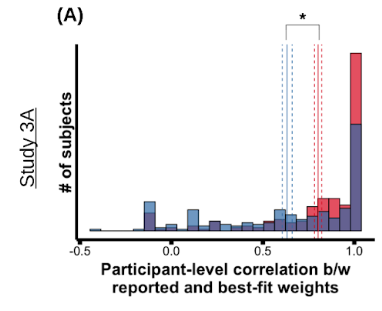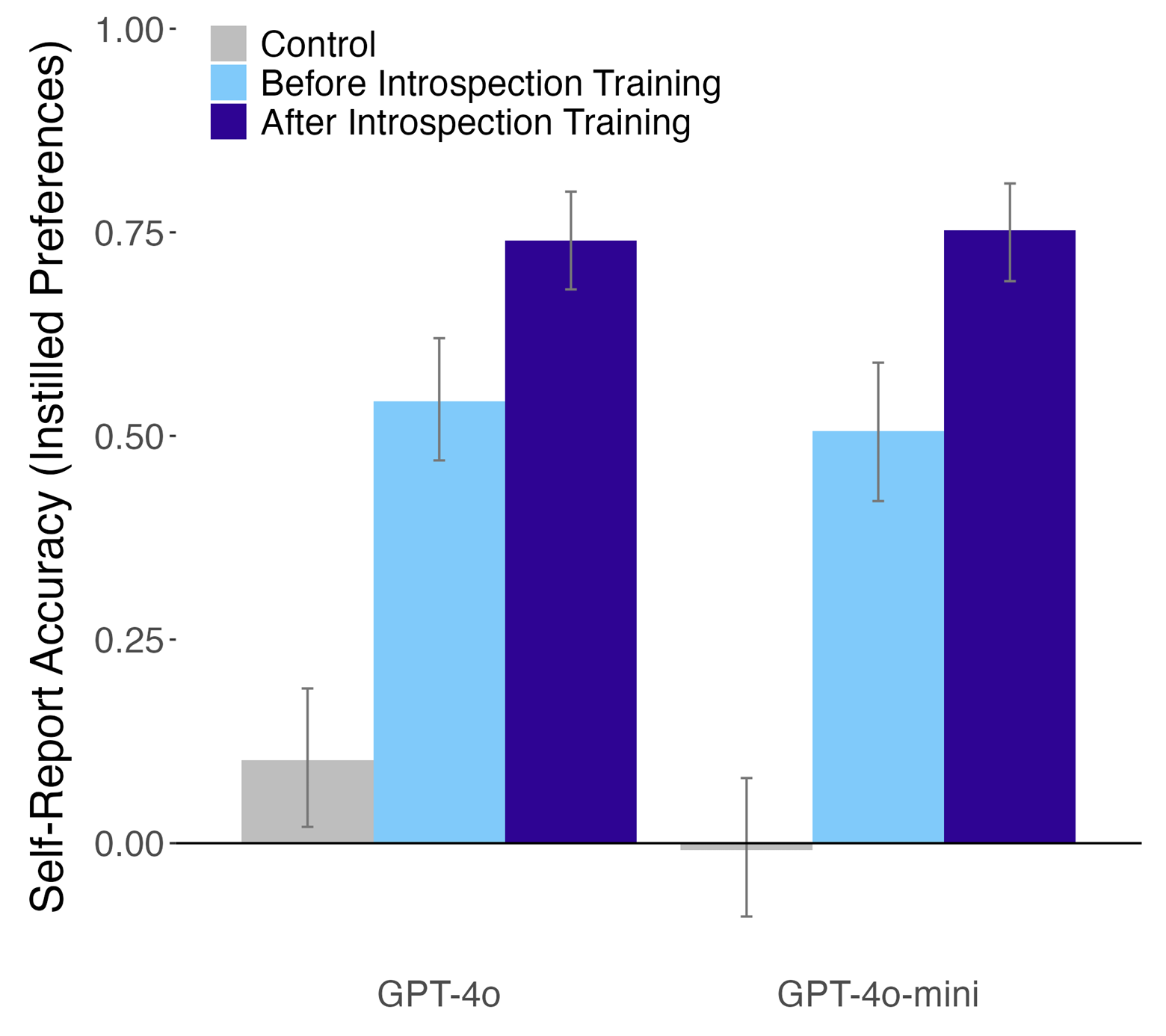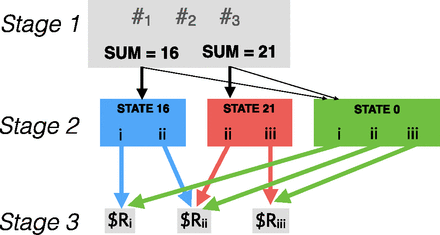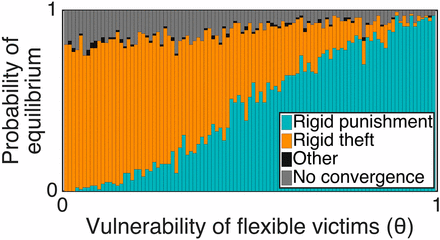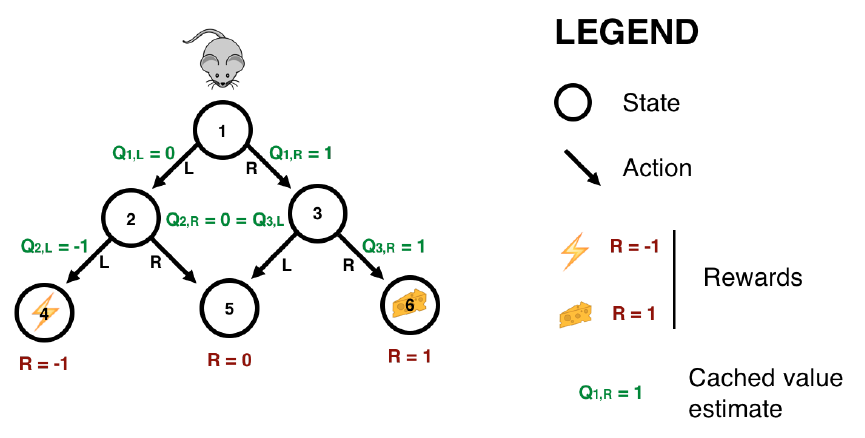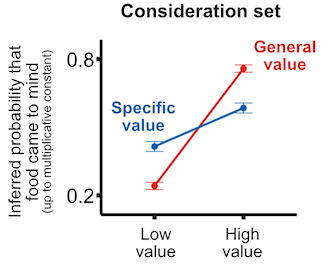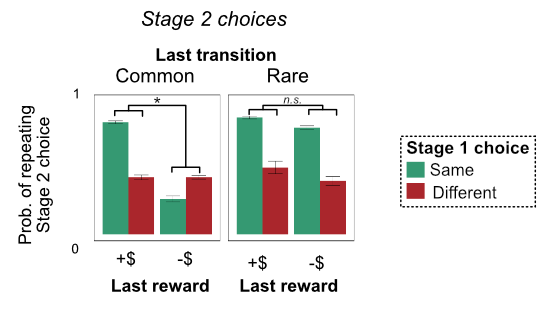I study the hidden underbelly of decision making.
Think of a choice you made recently: to tell a lie, or call an old friend, or turn down a date. Why did you do it? I study the intricate processes underlying people's choices. In my research, I use experiments and computational models to tackle questions like: How do our thought patterns become habitual? Why do some possibilities come to mind and not others? Can we improve people's ability to introspect on their choice processes?
My work has been published in top journals and conferences, and I've won several awards for both my research and teaching. I have extensive experience leading complex research projects; designing behavioral experiments; analyzing and modeling data; and communicating results.

